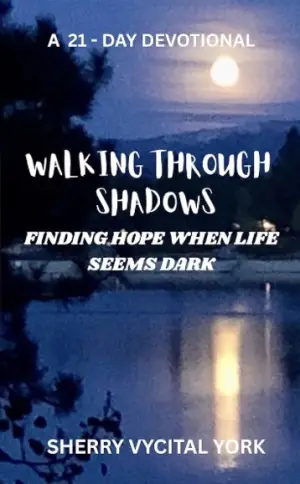Overgrowth: A Journey That Missed Its Mark
As I settled into my reading nook with my copy of "Overgrowth," the latest offering from Seanan McGuire (under her horror pseudonym Mira Grant), I couldn’t help but be intrigued by its tagline. Promising a fusion of “Annihilation” and “The Day of the Triffids,” I was ready for a pulse-pounding adventure filled with tension and existential terror. However, as the pages turned, I found myself navigating a vastly different terrain than I had anticipated—one that left me feeling disoriented and underwhelmed.
The story kicks off in a striking manner: a 3-year-old girl, Anastacia Miller, is lured into the woods by an alien flower—and what follows is an unsettling scene of her demise. Yet, in McGuire’s signature style, we quickly learn that this incident sets the stage for something much more peculiar. Anastacia, or Stacia as she becomes known, emerges as a plant-alien hybrid living among humans, openly declaring her otherness and warning about the forthcoming alien invasion. This compelling premise sets the groundwork for a narrative exploring identity, belonging, and the nature of family.
On one hand, the core themes resonate deeply. Stacia’s journey as a misfit trying to find her place struck a chord with me; the portrayal of found-family and self-definition are often powerful narratives that can hit home. Yet, I found these poignant themes overshadowed by significant issues within the book’s execution.
McGuire’s writing style is typically engaging, yet in "Overgrowth," I felt a stark imbalance in tone and pacing. The transition from the grim opening scene to a lighthearted, almost whimsical adventure felt disjointed, leaving me with narrative whiplash. There were moments of genuine humor and warmth, particularly in the camaraderie among Stacia and her companions, but these moments were often diluted by the repetitive pacing—particularly leading up to the alien invasion, which only arrives much too late in the narrative.
One of the novel’s poignant moments—a character aptly quipping, “This is a lot of prologue. I’d like the text please”—perfectly encapsulated my own experience. The pacing suffered from a muddled structure that felt more like an elongated setup rather than a cohesive storyline.
Moreover, the characters seemed to lack the maturity I would expect from a cast in their early thirties; they felt disproportionately juvenile, contributing to my sense of disconnect. The protagonist’s relationships, while intended to be heartfelt, often felt more like archetypes than fleshed-out individuals, risking emotional investment.
The book wears its themes heavily on its sleeve, especially in its commentary on societal treatment of minorities. As someone who deeply values representation and diversity in literature, it pains me to say that "Overgrowth" felt at times clumsy and overt. Particularly jarring was a mid-climax moment where Stacia, amidst high-stakes action, stops to inquire about her dragon’s pronouns. While I appreciated the intention behind it, the execution felt misplaced and detracted from the urgency of the scene.
While McGuire’s heart seems to be in the right place regarding these themes, the metaphor involving friendly-plant-aliens feels perilously thin. With such a strong premise marred by execution issues, I find myself wishing for the story to blossom into something closer to my initial expectations.
In conclusion, while "Overgrowth" has its moments of charm and heart, the narrative struggles to deliver on the compelling journey it promises. I’d recommend this to younger audiences or those looking for a cozy sci-fi romp, but seasoned adults seeking depth and cohesion might find it falls flat. As I move on to other reads, I can’t help but reflect on how differently this book might have played out with more nuanced storytelling and execution—reminding us all of the delicate balance between expectation and reality in our literary adventures.






